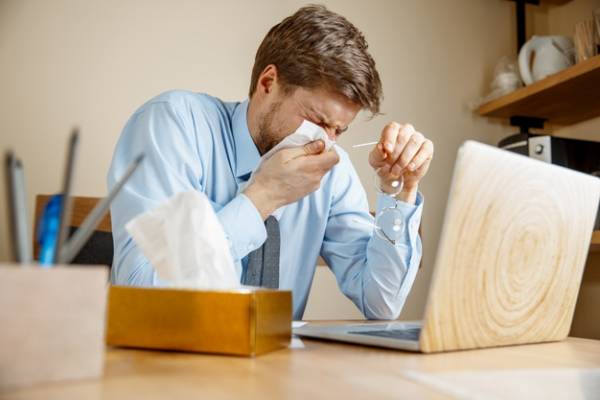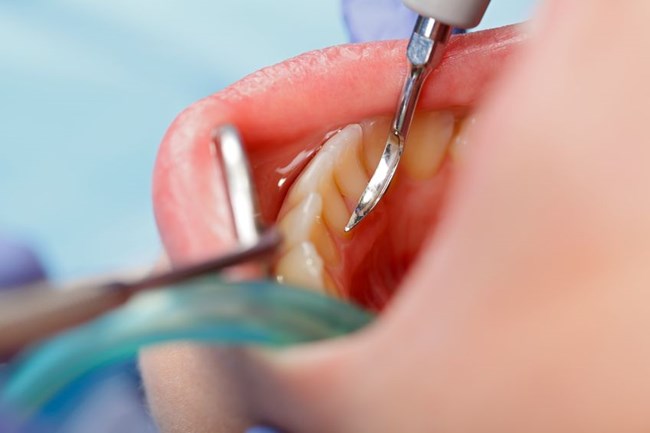How to stop a runny nose instantly
A runny nose, clinically known as rhinorrhea, is a common symptom experienced by people of all ages. It can be caused by a variety of factors, including infections (such as the common cold or flu), allergies, irritants, and even certain foods. While a runny nose is usually not a severe health concern, it can be incredibly bothersome and disruptive to daily activities. Stopping a runny nose instantly is often a priority for those who suffer from this irritating condition. This essay will explore several methods that can be used to alleviate a runny nose quickly, including natural remedies, over-the-counter medications, and preventive measures.

Understanding the Causes of a Runny Nose
Before diving into the solutions, it is crucial to understand the underlying causes of a runny nose. Rhinorrhea occurs when the nasal tissues and blood vessels produce excess fluid or mucus. This can be triggered by:
- Infections: Viral infections, such as the common cold or influenza, are the most common causes of a runny nose. Bacterial infections like sinusitis can also lead to increased mucus production.
- Allergies: Allergic rhinitis, often triggered by pollen, dust, pet dander, or mold, causes the body to release histamines, leading to a runny nose.
- Irritants: Exposure to smoke, strong odors, pollution, or chemical fumes can irritate the nasal passages, resulting in rhinorrhea.
- Weather Changes: Cold, dry air or sudden temperature changes can cause the nasal membranes to produce more mucus.
- Foods and Spices: Eating spicy foods or hot drinks can stimulate mucus production and lead to a runny nose.
Immediate Relief Techniques
When seeking to stop a runny nose instantly, there are several techniques and remedies that can provide quick relief. These methods can be broadly categorized into natural remedies and pharmacological treatments.
Natural Remedies
- Steam Inhalation: Inhaling steam can help to moisten and loosen the mucus in the nasal passages, making it easier to expel. To perform steam inhalation, fill a bowl with hot water, place a towel over your head, and inhale the steam for about 10-15 minutes. Adding a few drops of essential oils like eucalyptus or peppermint can enhance the decongestant effect.
- Saline Nasal Spray: Saline solutions help to thin the mucus and clear the nasal passages. You can buy pre-made saline sprays from a pharmacy or make your own by dissolving a teaspoon of salt in a cup of warm water. Using a nasal spray bottle, gently spray the solution into each nostril to flush out the mucus.
- Hydration: Drinking plenty of fluids helps to thin the mucus, making it less likely to cause blockage. Warm beverages like herbal teas or broths can be particularly soothing and effective.
- Honey and Lemon: A mixture of honey and lemon in warm water can soothe the throat and reduce mucus production. Honey has antibacterial properties, while lemon is rich in vitamin C, which can boost the immune system.
- Peppermint Tea: Peppermint contains menthol, which can act as a natural decongestant. Drinking peppermint tea or inhaling the steam from a cup of hot peppermint tea can help clear the nasal passages.
Pharmacological Treatments
- Antihistamines: For a runny nose caused by allergies, over-the-counter antihistamines like cetirizine, loratadine, or diphenhydramine can provide quick relief by blocking the histamines that cause nasal congestion and mucus production.
- Decongestants: Oral decongestants such as pseudoephedrine or phenylephrine, as well as nasal decongestant sprays like oxymetazoline, can shrink the blood vessels in the nasal passages, reducing swelling and mucus production. However, nasal sprays should be used sparingly to avoid rebound congestion.
- Nasal Steroid Sprays: For chronic or severe cases, nasal corticosteroid sprays like fluticasone or budesonide can reduce inflammation in the nasal passages and decrease mucus production.
Long-Term Prevention and Management
While immediate relief is essential, managing and preventing a runny nose in the long term requires a combination of lifestyle changes and preventive measures.
- Avoid Allergens and Irritants: Identifying and avoiding triggers such as pollen, dust mites, pet dander, and smoke can significantly reduce the frequency and severity of a runny nose. Using air purifiers and maintaining good indoor air quality can also help.
- Maintain Good Hygiene: Regular hand washing, avoiding touching the face, and using tissues or elbow to cover sneezes and coughs can prevent the spread of infections that cause rhinorrhea.
- Boost the Immune System: A healthy immune system can fend off infections more effectively. Eating a balanced diet rich in vitamins and minerals, getting regular exercise, adequate sleep, and managing stress are crucial for immune health.
- Humidify the Air: Using a humidifier, especially during dry winter months, can keep the nasal passages moist and prevent irritation.
- Stay Hydrated: Regularly drinking fluids keeps the mucus thin and easier to expel. This is particularly important during illnesses or in dry environments.
Conclusion
Stopping a runny nose instantly requires a multifaceted approach that includes both immediate relief techniques and long-term preventive measures. Natural remedies like steam inhalation, saline nasal sprays, and hydration can provide quick relief, while over-the-counter medications like antihistamines and decongestants offer effective pharmacological options. Understanding the underlying causes of a runny nose and taking steps to avoid triggers, maintain good hygiene, and boost the immune system are essential for managing and preventing this common but bothersome condition. By incorporating these strategies, individuals can minimize the impact of a runny nose on their daily lives and enjoy greater comfort and well-being.


